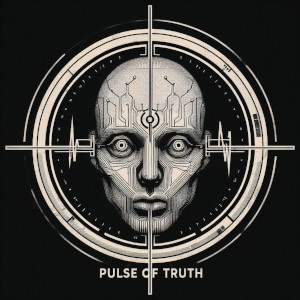5
The popularity of the Rust language continues to explode; yet, many critical codebases remain authored in C, and cannot be realistically rewritten by hand. Automatically translating C to Rust is thus an appealing course of action. Several works have gone down this path, handling an ever-increasing subset of C through a variety of Rust features, such as unsafe. While the prospect of automation is appealing, producing code that relies on unsafe negates the memory safety guarantees offered by Rust, and therefore the main advantages of porting existing codebases to memory-safe languages.
We instead explore a different path, and explore what it would take to translate C to safe Rust; that is, to produce code that is trivially memory safe, because it abides by Rust's type system without caveats. Our work sports several original contributions: a type-directed translation from (a subset of) C to safe Rust; a novel static analysis based on "split trees" that allows expressing C's pointer arithmetic using Rust's slices and splitting operations; an analysis that infers exactly which borrows need to be mutable; and a compilation strategy for C's struct types that is compatible with Rust's distinction between non-owned and owned allocations.
We apply our methodology to existing formally verified C codebases: the HACL* cryptographic library, and binary parsers and serializers from EverParse, and show that the subset of C we support is sufficient to translate both applications to safe Rust. Our evaluation shows that for the few places that do violate Rust's aliasing discipline, automated, surgical rewrites suffice; and that the few strategic copies we insert have a negligible performance impact. Of particular note, the application of our approach to HACL* results in a 80,000 line verified cryptographic library, written in pure Rust, that implements all modern algorithms - the first of its kind.
Comments
You must log in or register to comment.

